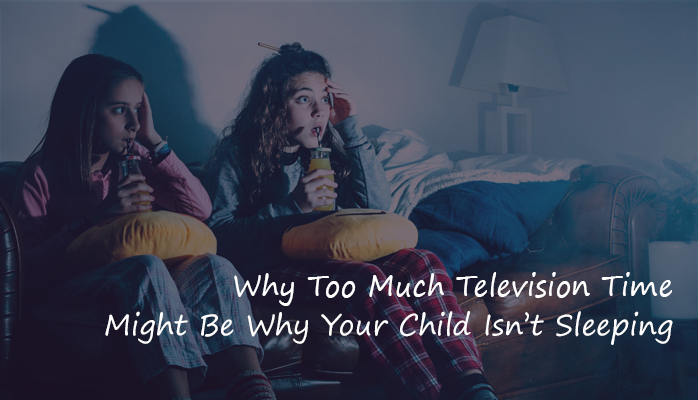Signs Your Child Isn’t Sleeping Enough
When your child isn’t sleeping enough, they will likely show signs such as being defiant, hyperactive, and/or crabby. If children don't get enough sleep, there may be an increase in behavioral issues. Signs your child isn’t sleeping enough include:
- Behavior that is consistent with ADHD signs
- Hyperactivity
- Difficulty concentrating
- Defiant behavior
- Impulsive behavior
- Excessive sleep on weekends
- Falling asleep during the day, such as at school
- Poor or erratic performance at school
- Hard time waking up in the morning
In fact, there is an increasing body of evidence from studies that children with chronic sleep problems can be misdiagnosed with ADHD (Shur-Fen Gau 2006). Another important thing is to try and establish a baseline of behavior and performance for your child so it's easier to decipher what is normal and what is uncharacteristic.
If your child’s behavior/performance is erratic from day to day, or if they are uncharacteristically defiant/crabby/sleepy, look at their sleep schedule.
How Much Sleep Do Children Need?
Children need significantly more sleep than adults. The younger children are, the more sleep they need. Below is a guideline for how sleep children need [Sleep Foundation]. All children are different, so may fall somewhere in the range, but the recommended values are the most cited number of hours in sleep medicine and pediatric research:
- Newborns 0-4 months
- 11-19 hours; Recommended 14-17 hours per day
- Infants 4-12 months
- 10-18 hours; Recommended 12-15 hours per day
- Toddlers 1-3 years
- 9-16 hours; Recommended 11-14 hours per day
- Preschoolers 3-5 years
- 8-14 hours; Recommended 10-12 hours
- Adolescents 6-13
- 7-12 hours; Recommended 9-11 hours
- Teenagers 13-18 years
- 7-11 hours; Recommended 8-10 hours
Try to determine how many hours your child needs for peak performance and aim for them to achieve that every night.
How Screens Impact Sleep in Children
A recent study on sleep and screens conclusively showed that children who watched more TV and had TVs in their bedrooms “displayed significantly shorter sleep duration and worse sleep”, and were inclined to nap longer. Importantly, the study showed that the extra napping did not offset these negative impacts.
The study looked at 470 children between 33 and 71 months over the course of 16 days, measuring their sleep with actigraphy watches. Caregivers reported on children’s TV use. Important findings are:
- Nighttime sleeping was significantly less for children who watched more TV and had TV in bedrooms
- Children who watched more TV/had a TV in their bedroom napped longer
- Total 24 sleep was still less for children who watched more TV/had TV in their bedroom
- Extra napping doesn’t offset sleep deprivation
- More TV impacts sleep duration and quality negatively
If you are concerned that your child isn’t getting enough sleep, their screen time may be a factor to consider.
Easy Ways to Manage Screen Time for Children
Analyzing your child’s screen time means answering questions like:
- Is your child watching TV/iPad/computer at night?
- How much screen time does your child get every day?
- Is there a screen freely available in your child’s room?
Some tips to limit screen time are:
- Remove screens from child’s bedrooms
- Restrict access to screens
- Limit screen time to a minimum throughout the day
- Use analytic apps that monitor how much use an iPad, computer, or phone is being used by your children
Other Reasons for Sleep Deprivation Besides Screens
There are other things, such as sleep disorders, that can cause sleep deprivation in children such as:
- Sleep apnea
- Insomnia
- Circadian rhythm disorders
- Night terrors
If you live in Alaska and your child seems to be suffering from sleep deprivation and is not getting much screen time, please click the orange button below to access this free online sleep test and get in touch with us.


